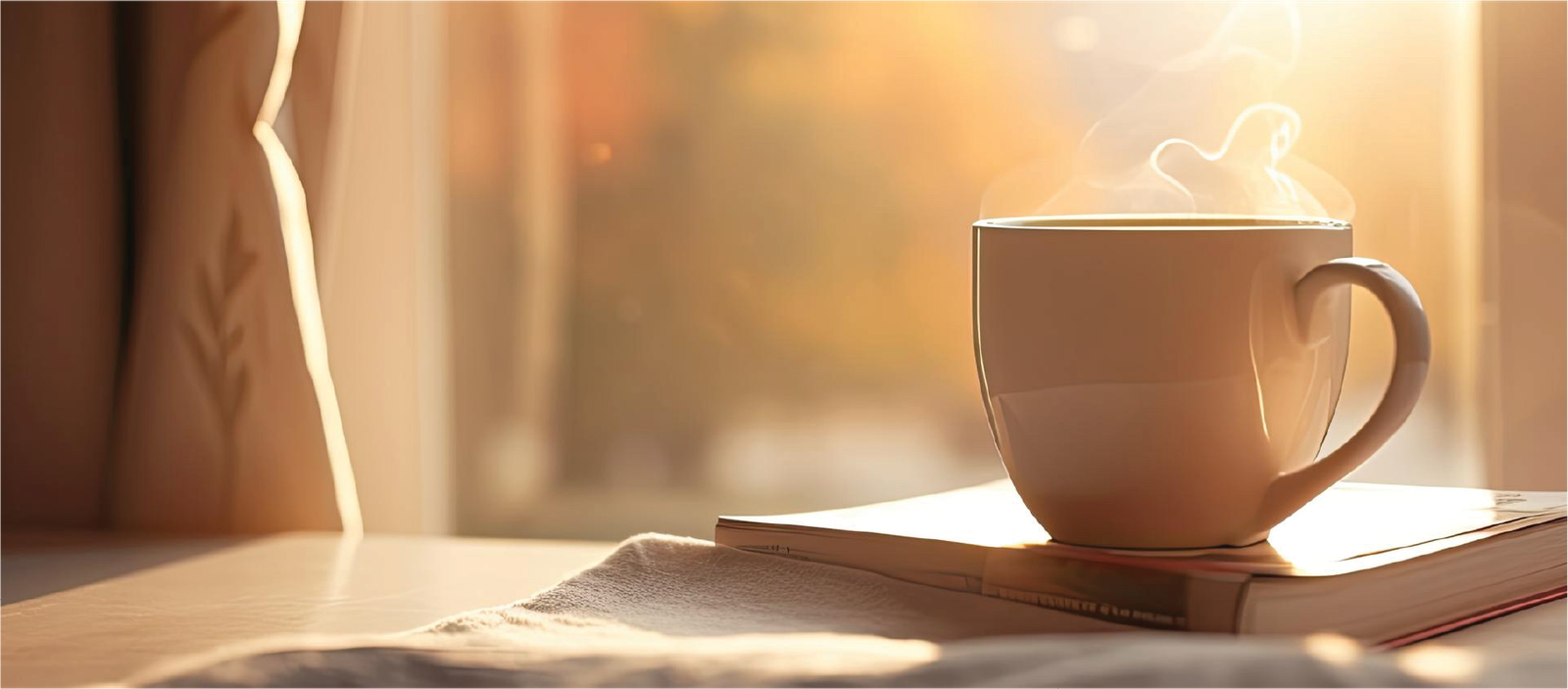Say “Cha!” and you will see a Gujarati’s face light up with a big smile. And his / her eyes go on a merry dance of anticipation. Gujaratis simply love their teas – and infinite Kittlis at roadside corners and the numerous tea cafes are proof of that love. A research study has revealed the state of Gujarat to be the biggest consumer of tea among Indian states.
Many tea drinkers here will wax eloquently on how Cha is no ordinary beverage, but an emotion. A Gujarati’s day – irrespective of gender – begins with sipping a hot cup of tea at home with family.
Tea works as a social lubricant here. It essays a key role in the development of strong bonds between friends, family and colleagues. Invitations are extended in the form of coming over and enjoying a cup of tea together.
When it comes to tea, Gujaratis are extremely generous – offering it to strangers, welcoming guests with huge cups, conversing with fellow passengers in trains over tea with the unique masala cha that is brewed across Gujarat.
The tea relished most in Gujarat is a milky concoction of full fat milk, strong CTC tea leaves, lots of sugar and water. The flavour is christened Kadak Mitthi, literally meaning Strong and Sweet.
Ask any Gujarati, and they will all echo the same sentiments, “Chai is an expression of hospitality, generosity and warmth.” It is the first thing they will offer any guest or visitor. They unanimously believe that it’s a sign of respect, gratitude and goodwill.
No matter how rich or poor, how busy or free, how happy or sad, every Gujarati is expected to make time for a cup of chai. Here, Cha is a source-pool of comfort, solace and joy. No wonder they consider it as the companion of every mood, the supporter of every endeavour and the celebrator of every achievement.
